 Artificial Intelligence (AI) is transforming the world, influencing everything from how we work to how we live. Yet, despite its growing presence, many people have questions and concerns about AI that they might be hesitant to voice. This article addresses 12 common things people want to know about AI, providing clear and concise answers to help demystify this complex and fascinating field.
Artificial Intelligence (AI) is transforming the world, influencing everything from how we work to how we live. Yet, despite its growing presence, many people have questions and concerns about AI that they might be hesitant to voice. This article addresses 12 common things people want to know about AI, providing clear and concise answers to help demystify this complex and fascinating field.
1. What Exactly Is AI?
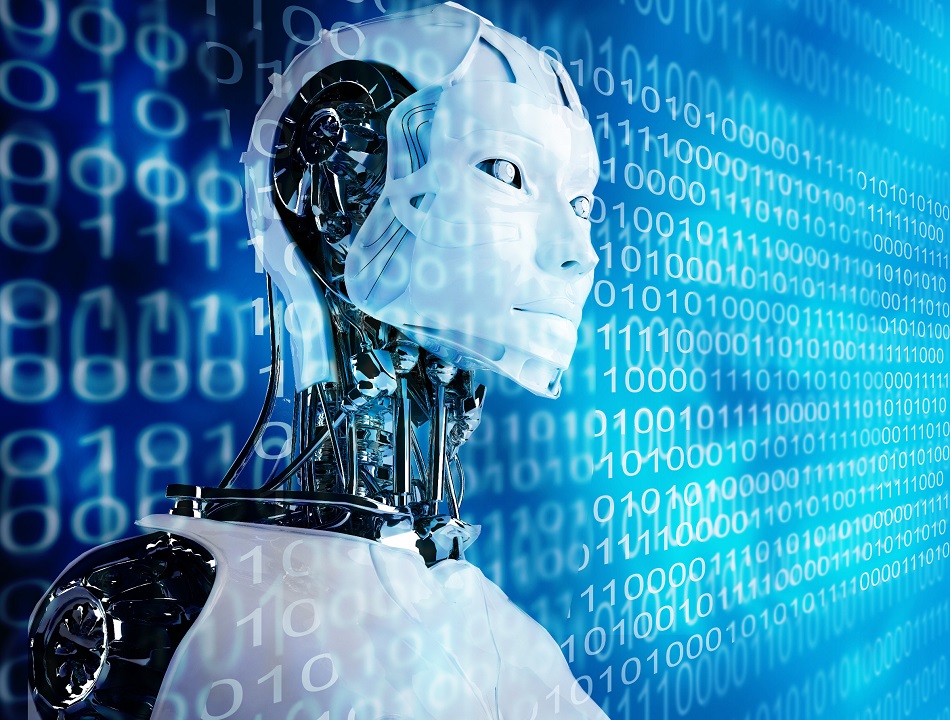 Artificial Intelligence refers to the simulation of human intelligence in machines that are programmed to think and learn like humans. These machines can perform tasks that typically require human intelligence, such as visual perception, speech recognition, decision-making, and language translation.
Artificial Intelligence refers to the simulation of human intelligence in machines that are programmed to think and learn like humans. These machines can perform tasks that typically require human intelligence, such as visual perception, speech recognition, decision-making, and language translation.
AI is broadly categorized into two types: narrow AI, which is designed to perform a narrow task (like facial recognition or internet searches), and general AI, which has the ability to understand, learn, and apply knowledge across a wide range of tasks, much like a human being.
2. How Does AI Learn?
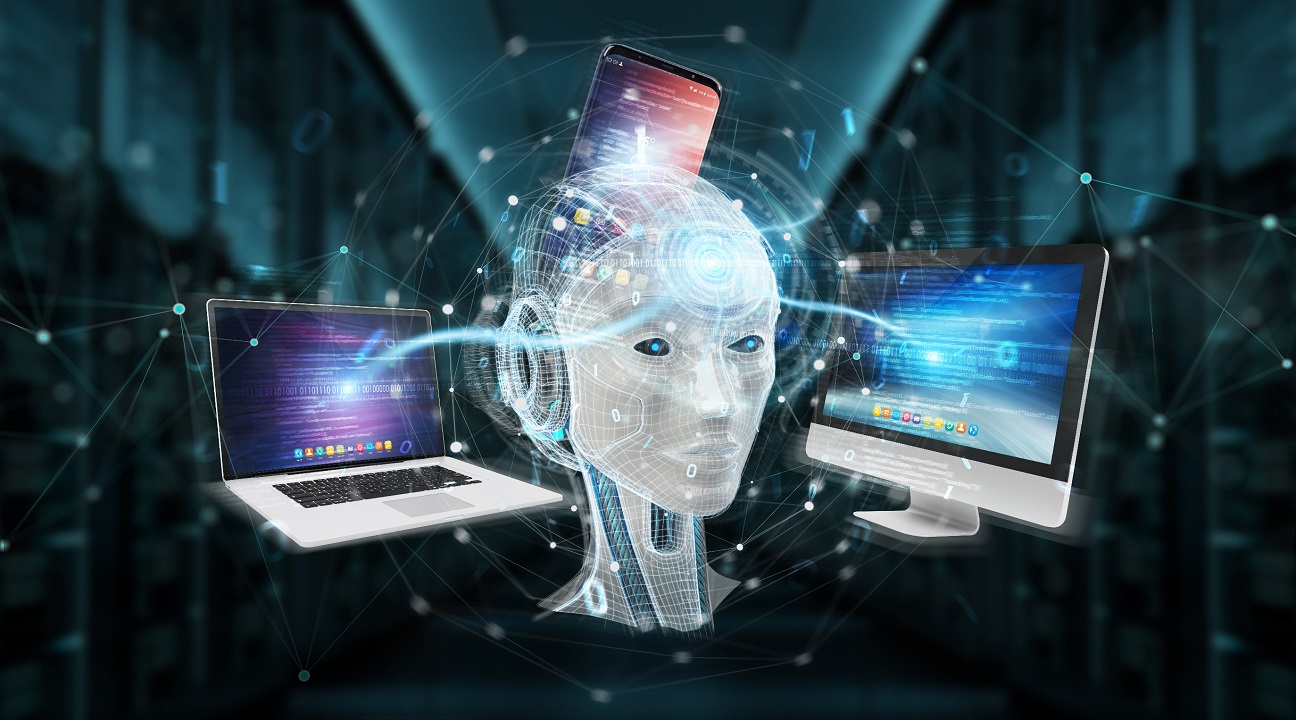 An important thing to know about AI is it learns through a process called machine learning, which involves feeding large amounts of data into algorithms that allow the AI to identify patterns and make predictions. This process is iterative, meaning the AI improves its performance as it processes more data.
An important thing to know about AI is it learns through a process called machine learning, which involves feeding large amounts of data into algorithms that allow the AI to identify patterns and make predictions. This process is iterative, meaning the AI improves its performance as it processes more data.
There are different types of machine learning, including supervised learning, where the AI is trained on labeled data; unsupervised learning, where the AI identifies patterns in unlabeled data; and reinforcement learning, where the AI learns by receiving rewards or penalties based on its actions.
3. What Are the Benefits of AI?
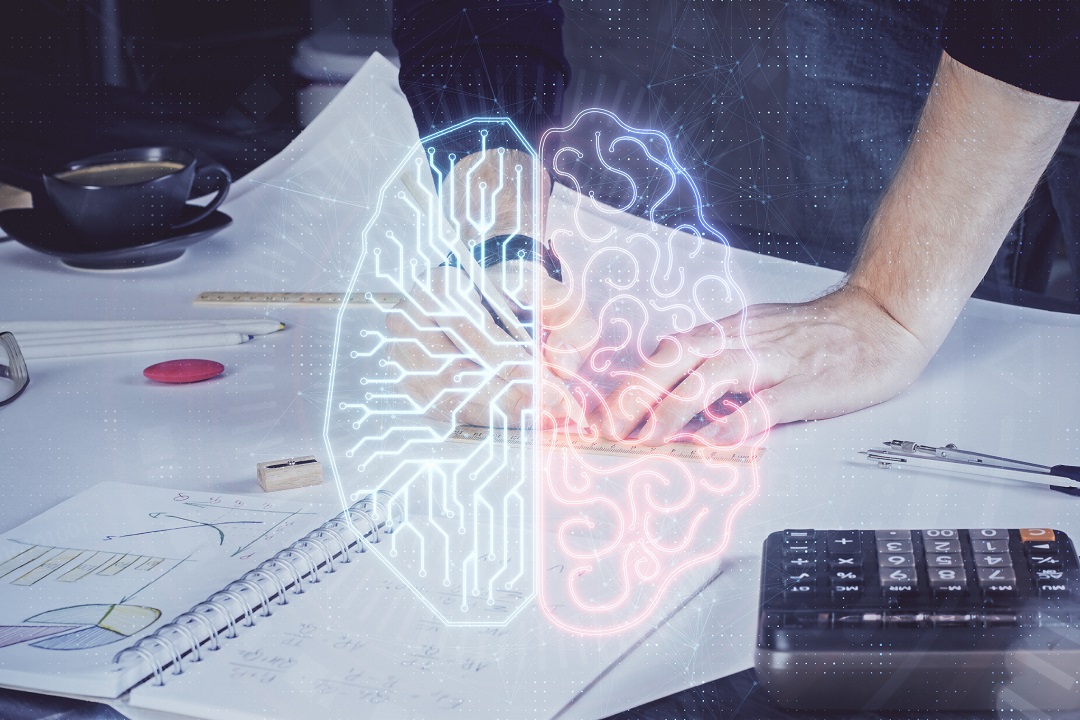 AI offers numerous benefits across various industries. In healthcare, AI can help diagnose diseases, personalize treatments, and streamline administrative tasks. In finance, AI can detect fraudulent transactions, manage investments, and provide customer support through chatbots.
AI offers numerous benefits across various industries. In healthcare, AI can help diagnose diseases, personalize treatments, and streamline administrative tasks. In finance, AI can detect fraudulent transactions, manage investments, and provide customer support through chatbots.
Additionally, AI enhances productivity by automating repetitive tasks, allowing humans to focus on more complex and creative work. It also improves decision-making by analyzing vast amounts of data more quickly and accurately than humans can.
4. What Are the Risks of AI?
 Despite its benefits, another important thing to know about AI is that it can pose significant risks. One major concern is job displacement, as AI and automation can replace human workers in certain roles. There is also the risk of bias in AI algorithms, which can lead to unfair treatment and discrimination if the data used to train the AI is biased.
Despite its benefits, another important thing to know about AI is that it can pose significant risks. One major concern is job displacement, as AI and automation can replace human workers in certain roles. There is also the risk of bias in AI algorithms, which can lead to unfair treatment and discrimination if the data used to train the AI is biased.
Moreover, AI can be used maliciously, such as in the creation of deepfakes or autonomous weapons. Ensuring the ethical development and use of AI is crucial to mitigate these risks and ensure AI benefits society as a whole.
5. How Is AI Used in Everyday Life?
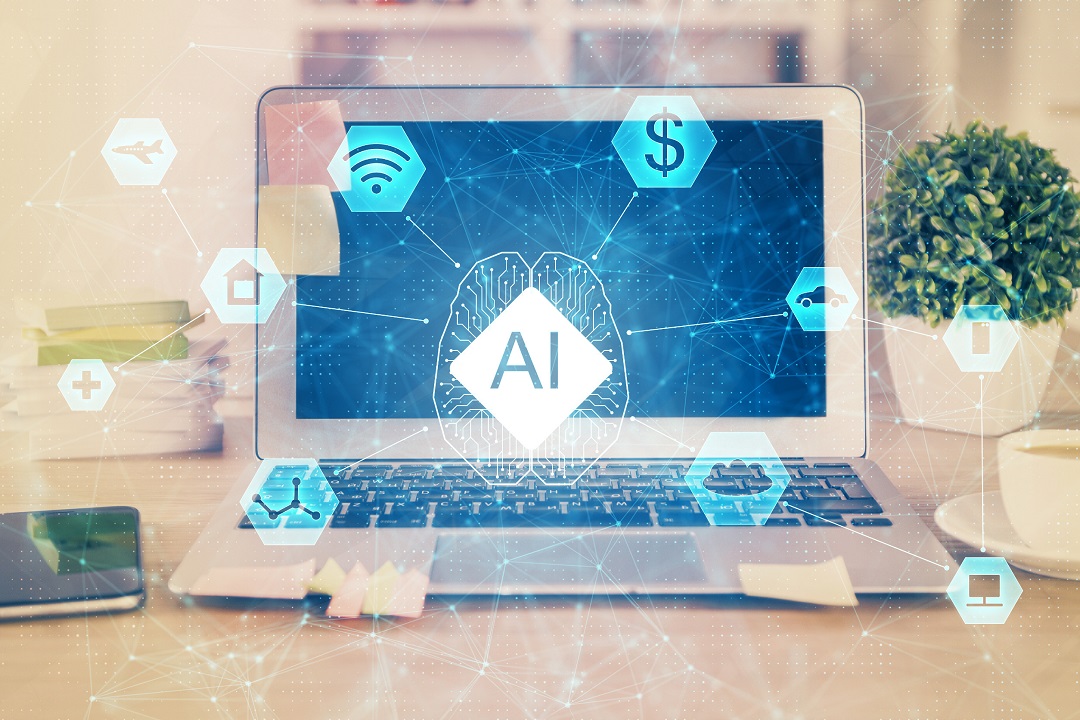 AI is already integrated into many aspects of daily life. Virtual assistants like Siri and Alexa use AI to understand and respond to voice commands. Recommendation algorithms on platforms like Netflix and Amazon suggest content and products based on user preferences.
AI is already integrated into many aspects of daily life. Virtual assistants like Siri and Alexa use AI to understand and respond to voice commands. Recommendation algorithms on platforms like Netflix and Amazon suggest content and products based on user preferences.
AI also powers smart home devices, facial recognition systems in smartphones, and advanced driver-assistance systems in cars. These applications make life more convenient, efficient, and personalized.
6. Can AI Think and Feel Like Humans?
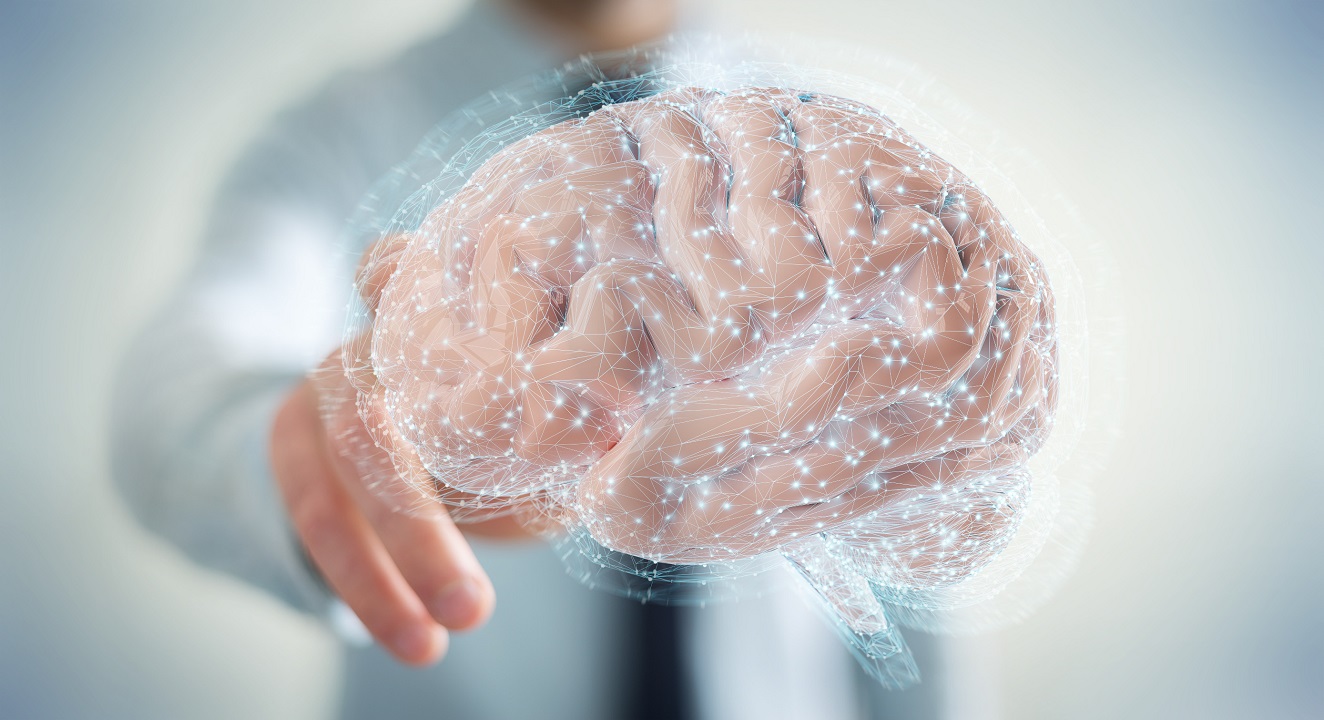 Currently, AI does not possess the ability to think or feel like humans. AI systems can simulate human-like behaviors and responses, but they lack consciousness, emotions, and self-awareness. They operate based on algorithms and data, without understanding or experiencing the world as humans do.
Currently, AI does not possess the ability to think or feel like humans. AI systems can simulate human-like behaviors and responses, but they lack consciousness, emotions, and self-awareness. They operate based on algorithms and data, without understanding or experiencing the world as humans do.
Research in AI continues to advance, but creating machines that truly think and feel like humans remains a distant goal. The development of general AI, which could potentially possess human-like cognition, is still theoretical and faces significant scientific and ethical challenges.
7. How Is AI Impacting the Job Market?
 AI is transforming the job market by automating routine and repetitive tasks, which can lead to job displacement in certain sectors. However, AI is also creating new job opportunities, particularly in fields related to AI development, data analysis, and cybersecurity.
AI is transforming the job market by automating routine and repetitive tasks, which can lead to job displacement in certain sectors. However, AI is also creating new job opportunities, particularly in fields related to AI development, data analysis, and cybersecurity.
The key to thriving in an AI-driven job market is adaptability and continuous learning. Workers may need to acquire new skills and embrace lifelong learning to stay competitive. Emphasizing human skills that AI cannot replicate, such as creativity, emotional intelligence, and critical thinking, will also be crucial.
8. What Are the Ethical Concerns Surrounding AI?
 AI raises several ethical concerns, including issues of privacy, bias, accountability, and transparency. AI systems can collect and analyze vast amounts of personal data, raising privacy concerns about how this data is used and protected.
AI raises several ethical concerns, including issues of privacy, bias, accountability, and transparency. AI systems can collect and analyze vast amounts of personal data, raising privacy concerns about how this data is used and protected.
Bias in AI algorithms can lead to unfair treatment and discrimination, particularly if the training data reflects existing societal biases. Ensuring accountability for AI decisions is challenging, especially in complex systems where it’s difficult to trace the decision-making process. Transparency in AI development and deployment is essential to address these ethical concerns and build trust.
9. How Can AI Be Regulated?
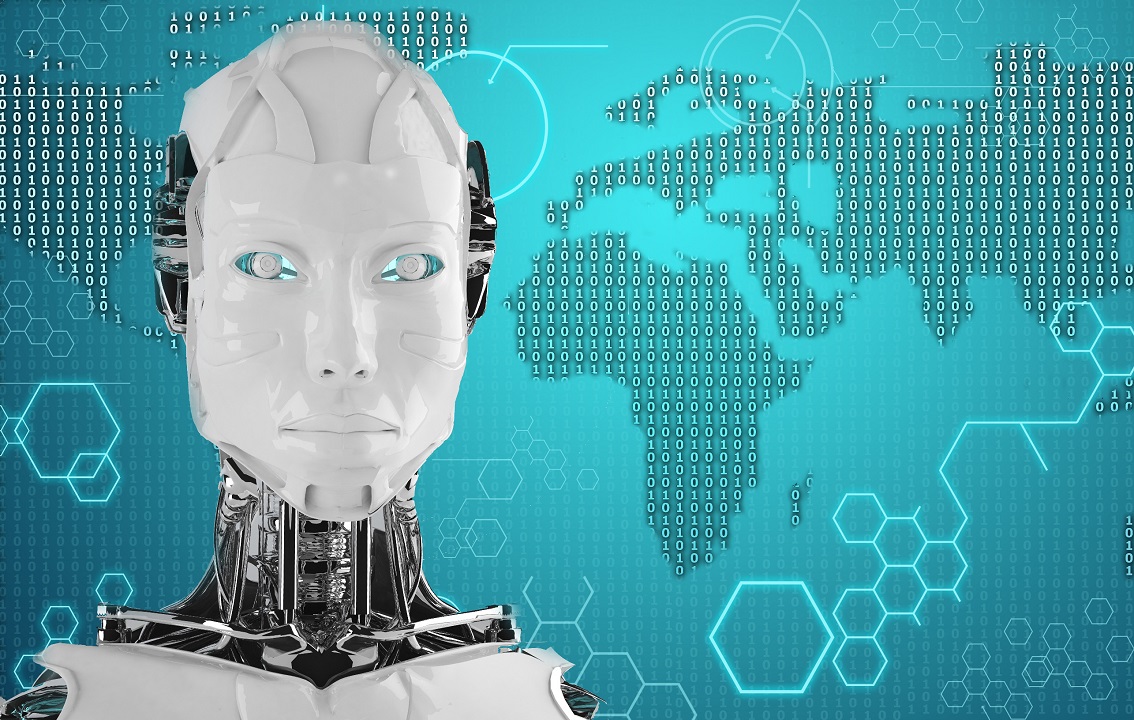 With all we know about AI, regulating AI is a complex challenge that requires balancing innovation with protection. Governments and organizations are working to develop frameworks and guidelines to ensure the responsible development and use of AI. These regulations aim to address issues like data privacy, bias, accountability, and transparency.
With all we know about AI, regulating AI is a complex challenge that requires balancing innovation with protection. Governments and organizations are working to develop frameworks and guidelines to ensure the responsible development and use of AI. These regulations aim to address issues like data privacy, bias, accountability, and transparency.
International cooperation is also crucial, as AI is a global technology that crosses borders. Creating standards and best practices can help ensure that AI benefits society while minimizing its risks. Ongoing dialogue between policymakers, technologists, and ethicists is essential to develop effective AI regulations.
10. What Is the Future of AI?
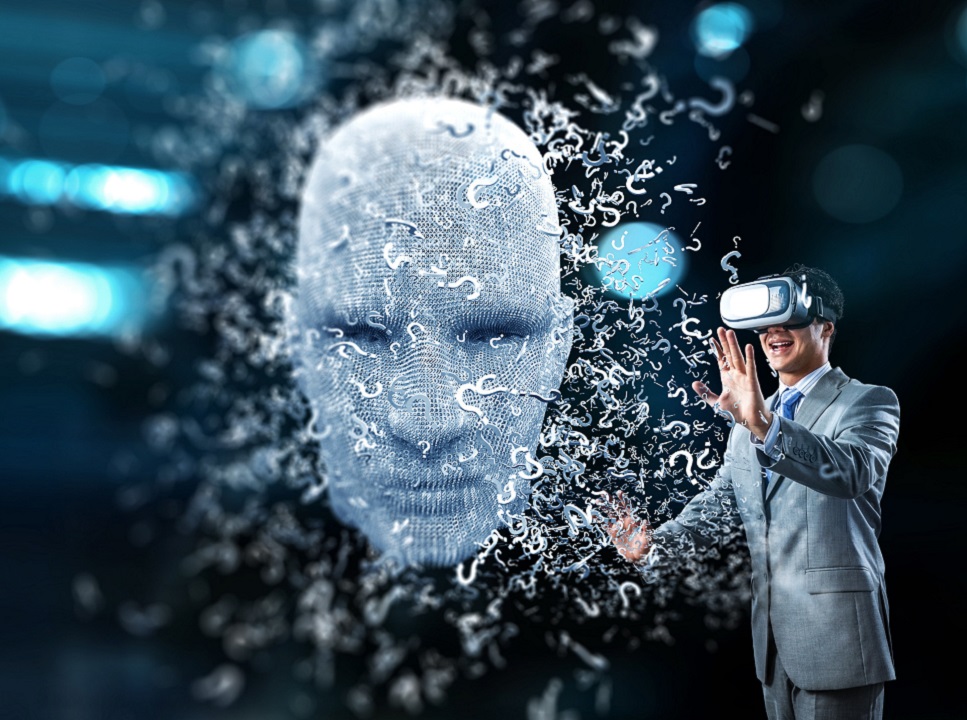 The future of AI holds tremendous potential. Advances in machine learning, natural language processing, and robotics will continue to drive innovation across various fields. AI is expected to play a significant role in addressing global challenges, such as healthcare, climate change, and sustainable development.
The future of AI holds tremendous potential. Advances in machine learning, natural language processing, and robotics will continue to drive innovation across various fields. AI is expected to play a significant role in addressing global challenges, such as healthcare, climate change, and sustainable development.
However, realizing this potential requires addressing the ethical, social, and economic implications of AI. Ensuring that AI development is guided by ethical principles and aligned with human values will be crucial to maximizing its benefits and minimizing its risks.
11. Can AI Replace Human Creativity?
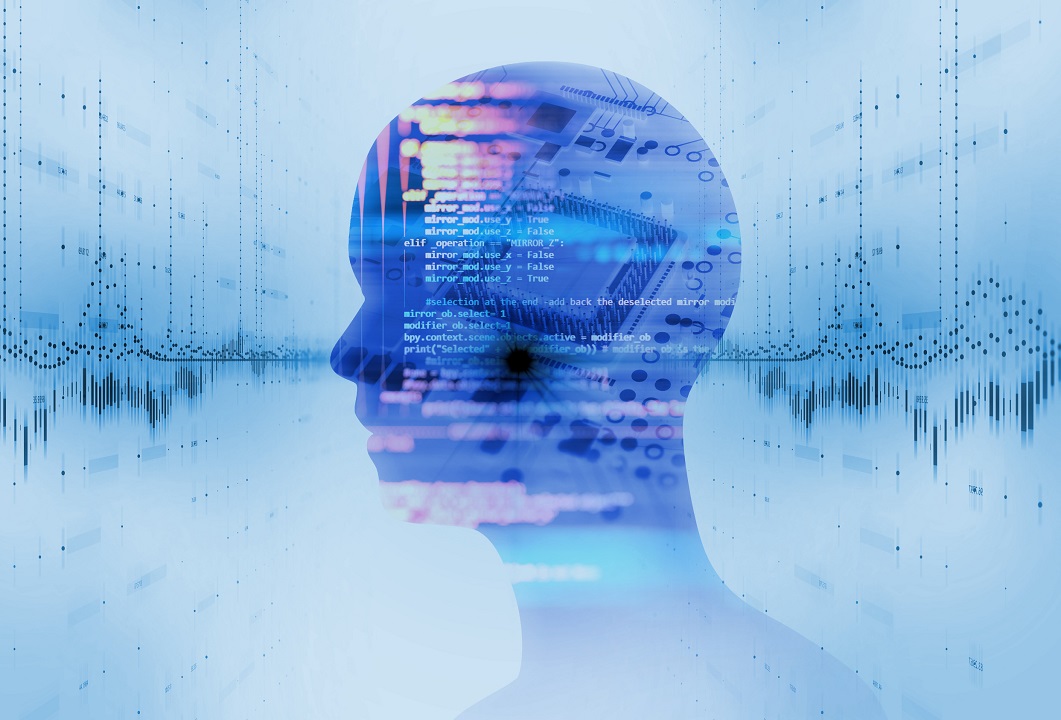 AI can enhance human creativity by automating routine tasks, generating ideas, and providing new tools for creative work. For example, AI can assist in composing music, creating visual art, and writing content. However, AI lacks the human ability to experience emotions, understand context deeply, and make intuitive leaps.
AI can enhance human creativity by automating routine tasks, generating ideas, and providing new tools for creative work. For example, AI can assist in composing music, creating visual art, and writing content. However, AI lacks the human ability to experience emotions, understand context deeply, and make intuitive leaps.
Human creativity is rooted in personal experiences, cultural contexts, and emotional depth, aspects that AI cannot replicate. Rather than replacing human creativity, AI serves as a powerful tool that can augment and inspire creative endeavors, leading to new forms of artistic expression and innovation.
12. How Can We Ensure AI Benefits Everyone?
 To ensure AI benefits everyone, it’s crucial to promote inclusive and equitable development. This involves addressing biases in AI algorithms, ensuring diverse representation in AI research and development, and making AI technologies accessible to all communities.
To ensure AI benefits everyone, it’s crucial to promote inclusive and equitable development. This involves addressing biases in AI algorithms, ensuring diverse representation in AI research and development, and making AI technologies accessible to all communities.
Education and awareness are also key. By fostering AI literacy, individuals will know about AI technology and its implications, enabling them to engage in informed discussions and advocate for fair practices. Collaboration between governments, industry, academia, and civil society will be essential to harness AI’s potential for the greater good.
Embracing AI with Confidence and Caution
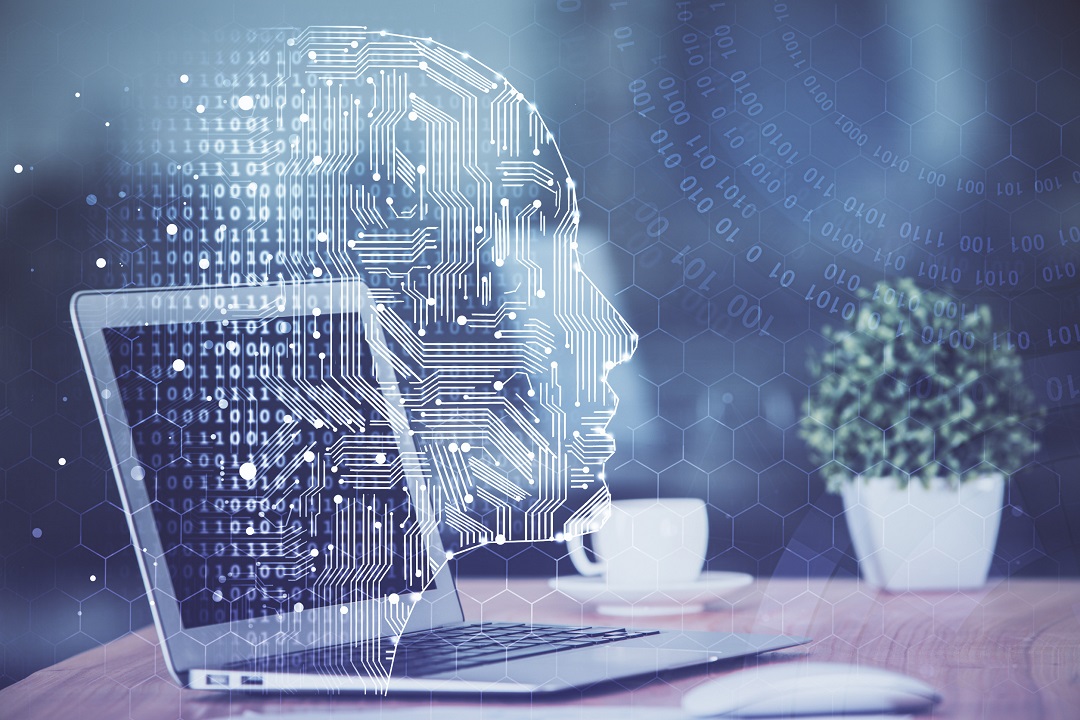 AI is reshaping our world in profound ways, offering exciting opportunities and significant challenges. If we know about AI basics, its benefits, risks, and ethical concerns, we can better navigate this technological landscape. Embracing AI with both confidence and caution allows us to harness its potential while ensuring it aligns with our values and serves the common good. Staying informed and engaged is crucial as we move forward in this AI-driven era, making thoughtful decisions that will shape our future.
AI is reshaping our world in profound ways, offering exciting opportunities and significant challenges. If we know about AI basics, its benefits, risks, and ethical concerns, we can better navigate this technological landscape. Embracing AI with both confidence and caution allows us to harness its potential while ensuring it aligns with our values and serves the common good. Staying informed and engaged is crucial as we move forward in this AI-driven era, making thoughtful decisions that will shape our future.
16 Things People in the 2040s Will Find Bizarre About Today
14 Groundbreaking Medical Advancements Boomers Witnessed Firsthand

Toi Williams began her writing career in 2003 as a copywriter and editor and has authored hundreds of articles on numerous topics for a wide variety of companies. During her professional experience in the fields of Finance, Real Estate, and Law, she has obtained a broad understanding of these industries and brings this knowledge to her work as a writer.

Speak Your Mind